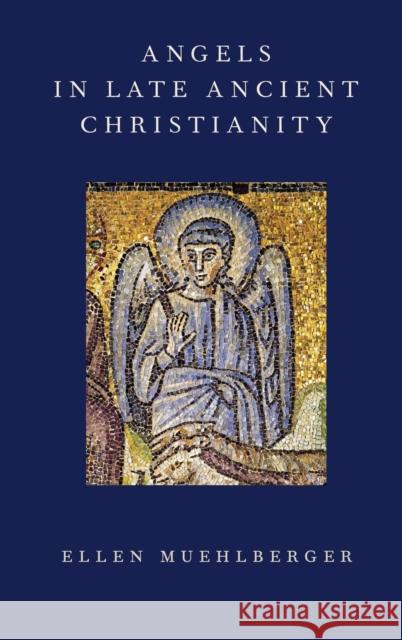Angels in Late Ancient Christianity » książka
topmenu
Angels in Late Ancient Christianity
ISBN-13: 9780199931934 / Angielski / Twarda / 2013 / 296 str.
Ellen Muehlberger explores the diverse and inventive ideas Christians held about angels in late antiquity. During the fourth and fifth centuries, Christians began experimenting with new modes of piety, adapting longstanding forms of public authority to Christian leadership and advancing novel ways of cultivating body and mind to further the progress of individual Christians. Muehlberger argues that in practicing these new modes of piety, Christians developed new ways of thinking about angels.
The book begins with a detailed examination of the two most popular discourses about angels that developed in late antiquity. In the first, delineated by Christians cultivating certain kinds of ascetic practices, angels were one type of being among many in a shifting universe, and their primary purpose was to guard and to guide Christians. In the other, articulated by urban Christian leaders in contest with one another, angels were morally stable characters described in the emerging canon of Scripture, available to enable readers to render Scripture coherent with emerging theological positions. Muehlberger goes on to show how these two discourses did not remain isolated in separate spheres of cultivation and contestation, but influenced one another and the wider Christian culture. She offers in-depth analysis of popular biographies written in late antiquity, of the community standards of emerging monastic communities, and of the training programs developed to prepare Christians to participate in ritual, demonstrating that new ideas about angels shaped and directed the formation of the definitive institutions of late antiquity. Angels in Late Ancient Christianity is a meticulous and thorough study of early Christian ideas about angels, but it also offers a different perspective on late ancient Christian history, arguing that angels were central rather than peripheral to the emergence of Christian institutions and Christian culture in late antiquity.










